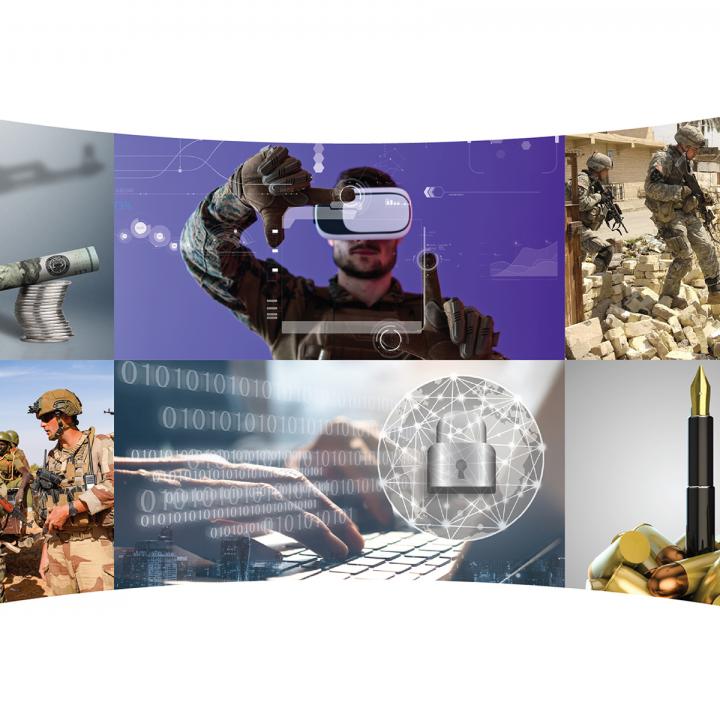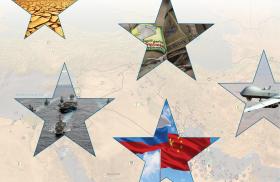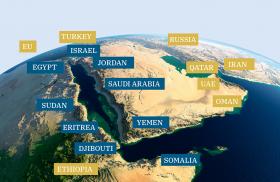
- Policy Analysis
- Policy Notes 99
Rethinking U.S. Efforts on Counterterrorism: Toward a Sustainable Plan Two Decades After 9/11

Part of a series: Transition 2021
or see Part 1: The Coming Iran Nuclear Talks: Openings and Obstacles
The shift away from a U.S.-led military posture will require that Washington repair its damaged credibility with allies abroad. A major task at home will be disentangling counterterrorism budgets from the military budgets on which they have long been grafted.
In the sixth in a series of TRANSITION 2021 memos examining the Middle East and North Africa, Matthew Levitt reimagines the U.S. counterterrorism enterprise with a view to its long-term sustainability.
Since the September 11 attacks, Washington has poured funding into a largely military-led response to terrorism, but today both Democrats and Republicans stress the need to end “forever” wars, focus limited resources on protecting the homeland, and lean more on foreign partners to address terrorism in their neighborhoods. Yet any shift in posture must seek a maximum return on the twenty-year U.S. investment in counterterrorism while also keeping up with terrorists’ exploitation of new technologies, from drones to encrypted communication to social media. This will require finding areas of policy overlap between counterterrorism and Great Power competition, and disentangling U.S. counterterrorism budgets from the military budgets on which they have been grafted over the past two decades.
More broadly, the author explains, “convincing partners to share more of the counterterrorism burden will require that Washington repair its damaged credibility and demonstrate the staying power to meet its alliance commitments.”
In the coming weeks, TRANSITION 2021 memos by Washington Institute experts will address the broad array of issues facing the Biden-Harris administration in the Middle East. These range from thematic issues, such as the region’s strategic position in the context of Great Power competition and how to most effectively elevate human rights and democracy in Middle East policy, to more discrete topics, from Arab-Israel peace diplomacy to Red Sea security to challenges and opportunities in northwest Africa. Taken as a whole, this series of memos will present a comprehensive approach for advancing U.S. interests in security and peace in this vital but volatile region.
This project was supported by the Jeanette and Eli Reinhard Program on Counterterrorism and Intelligence; the Fromer and Wexler families, patrons of the author’s fellowship; and other donors to the Institute’s Transition 2021 series.




